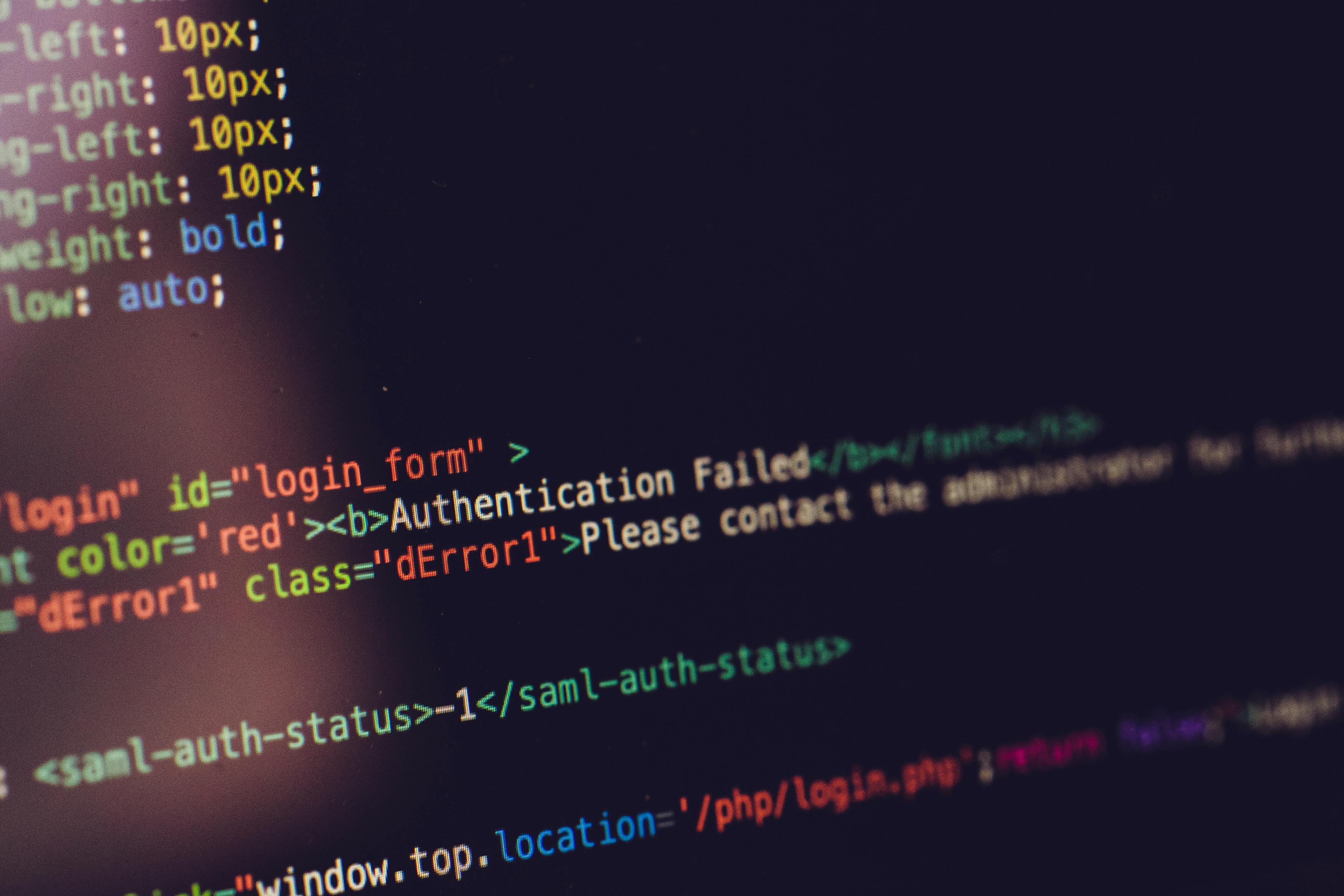Laravel vs Symfony for Back-End Development

What are the key differences between Laravel and Symfony?
Laravel is known for its elegant syntax and developer-friendly features, making it ideal for rapid application development. Symfony, on the other hand, prioritizes flexibility and scalability, making it a great choice for large-scale enterprise applications.
Which framework offers better documentation and community support?
Laravel boasts extensive documentation and a vibrant community, which can be immensely helpful for developers, especially those new to the framework. Symfony also provides comprehensive documentation and strong community support, particularly for more complex use cases.
How do Laravel and Symfony compare in terms of performance?
In terms of performance, Symfony tends to be faster out of the box due to its minimalist architecture. However, Laravel's built-in features and optimizations can often narrow this performance gap, especially for common web development tasks.
Which framework is more suitable for RESTful API development?
Both Laravel and Symfony offer robust tools for building RESTful APIs. Laravel's built-in API resources and Eloquent ORM make API development straightforward and efficient. Symfony, with its powerful routing and serialization components, provides greater flexibility and control over API design.
What factors should developers consider when choosing between Laravel and Symfony?
Ultimately, the choice between Laravel and Symfony depends on the specific requirements of your project. Consider factors such as project complexity, development speed, community support, and scalability needs to determine which framework aligns best with your goals and preferences.